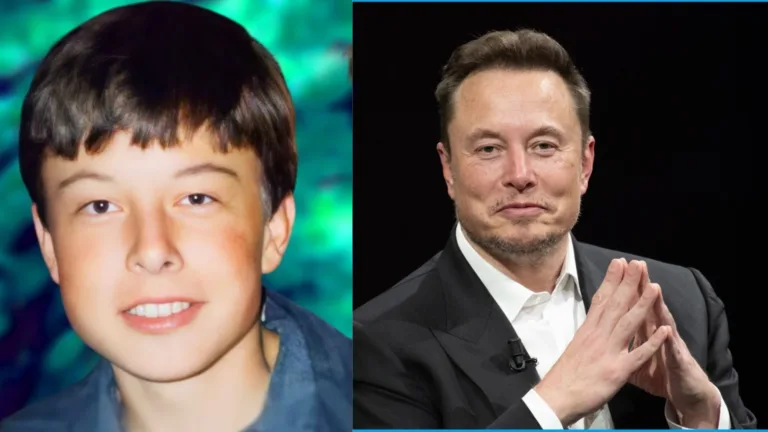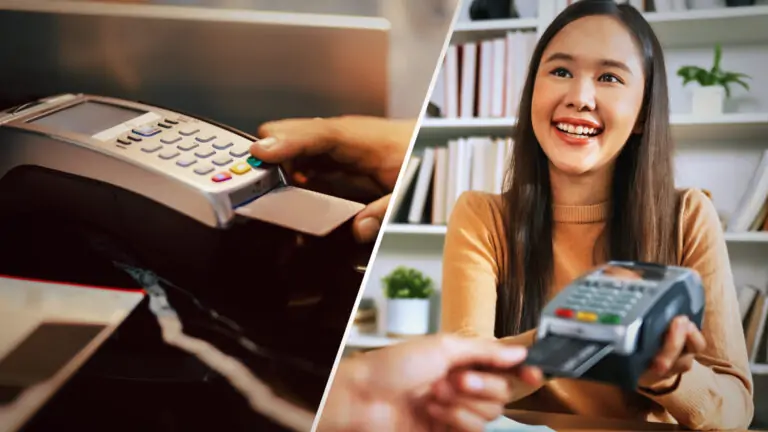BBC Uses ‘Covert Surveillance’ to Catch Out People Who Don’t Pay Their TV Licence
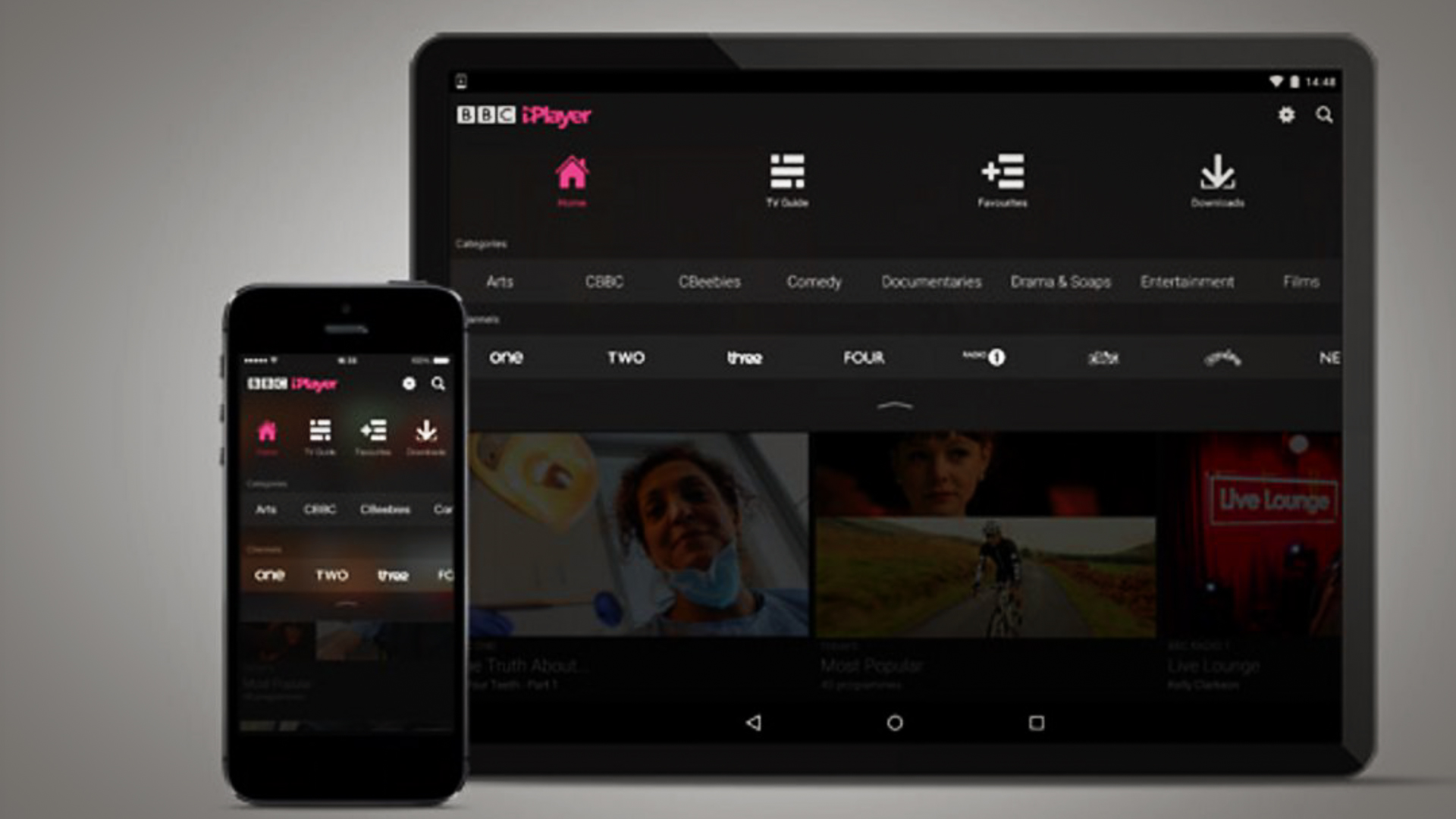
If you’ve been dodging your TV Licence fee, you might want to think twice, as the BBC is using increasingly sophisticated methods to catch people out. If you’ve been marking yourself down as someone who doesn’t need a licence, you might get an unpleasant surprise when the doorbell rings and you’re faced with evidence of your viewing habits.
Recently, Martin Lewis’ MSE issued a warning to all those who might be under the impression that they can avoid paying their TV Licence fees. While there are certainly some cases where people don’t need a licence, failing to pay when required can lead to serious consequences. Understanding when you need a licence is crucial, especially now that the BBC is stepping up its enforcement efforts.
User Comment: “I was shocked when I found out how serious the BBC is about enforcing the TV Licence. I’ve been streaming Netflix for years and assumed I wouldn’t need one. Turns out, if you watch live content on any streaming service, you still have to pay! Always check the rules to avoid any surprises.” – Sarah W., London
What Is a TV Licence, and When Do You Need One?
A TV Licence is required if you watch or record live television broadcasts, or if you watch on-demand content on BBC iPlayer. The TV Licence fee for the year is £169.50, set to increase by £5 on 1 April this year. This means that the BBC could be missing out on a substantial amount of money if individuals decide to mark themselves as exempt from needing a licence.
The need for a TV Licence stems from the government’s system of public service broadcasting funding. In a recent BBC Funding Model Review, the current system was described as “enormous,” with major changes expected to be implemented by 2028. Until then, if you watch specific content, you’ll need to keep paying your TV Licence fee to avoid penalties.
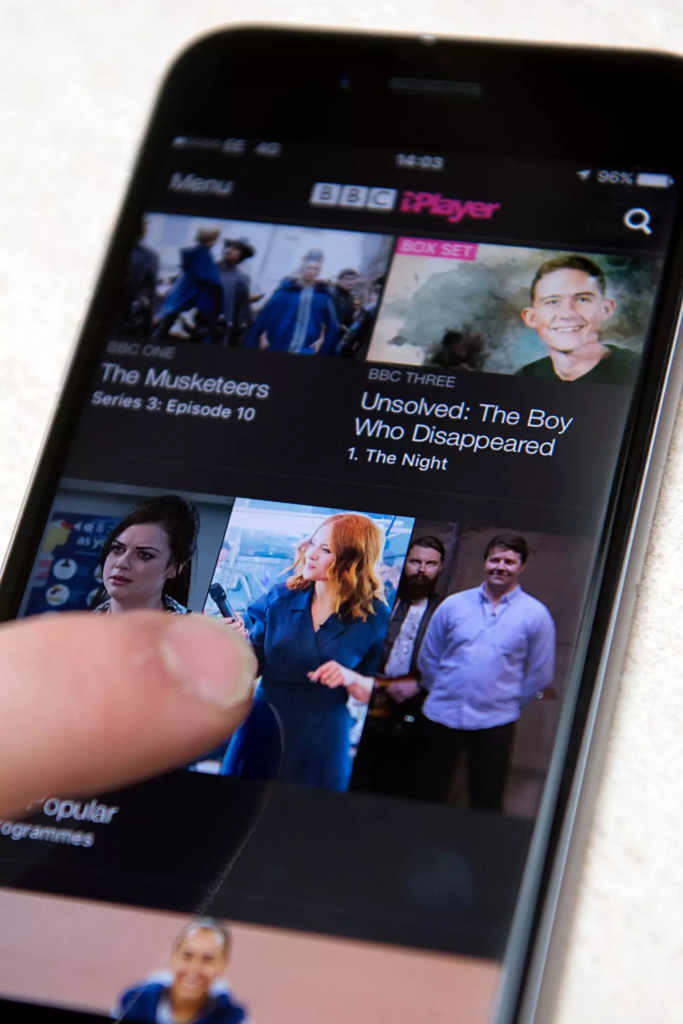
But how does the BBC ensure that those who should be paying are actually doing so? It turns out the answer may involve some covert methods that have recently come to light.
To get the full breakdown of when and why you need a TV Licence, you can check out the official BBC TV Licensing page for details.
User Comment: “The TV Licence system is outdated, and with everyone using streaming services now, it just seems unfair to have to pay for something that doesn’t even apply to modern viewing habits. Hopefully, they’ll adjust to the times soon.” – Mike D., Manchester
Covert Surveillance: How the BBC Catches Licence Fee Avoiders
According to a Freedom of Information (FOI) request, the BBC is now employing covert vehicles equipped with detection technology to catch individuals watching TV in properties without a valid TV Licence. These vehicles are used as part of the BBC’s enforcement strategies, and the information revealed in the request sheds light on how serious the organisation is about catching out those who don’t pay.
The detection equipment in these covert vehicles is designed to pick up signals from live broadcasts or streaming activity that indicates whether a TV is being used in a property without a licence. However, the FOI request also revealed some challenges in the system. According to the Investigatory Powers Commissioner’s Office (IPCO), the success rate of these surveillance methods is limited. Only a small number of these operations result in further enforcement actions, such as the execution of a search warrant. This could be due to the limitations of the detection technology, which is struggling to keep up with newer technologies in television viewing.
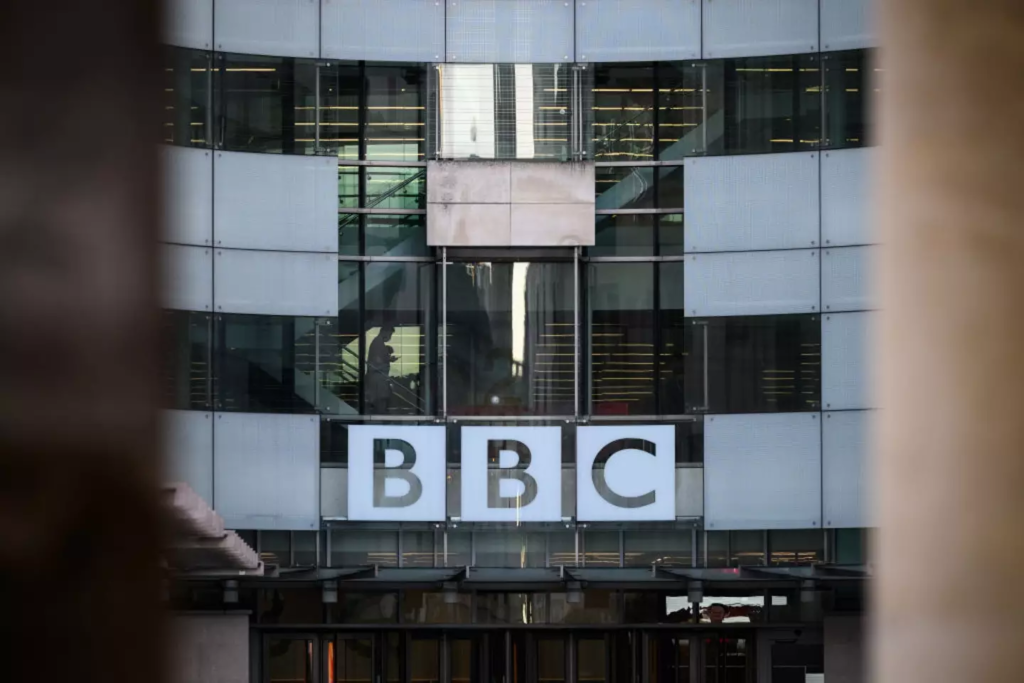
If you want to know more about the technological aspects behind these surveillance techniques, you can visit the FOI details from the TV Licensing Blog for a deeper dive into how the detection systems work and the challenges they face.
User Comment: “I’ve heard that the BBC uses surveillance vans to track people down, but I never thought it would be so high-tech. I’m just happy I paid my TV Licence so I don’t have to worry about these tactics!” – Tom H., Bristol
The Controversy: Is the TV Licence System Outdated?
While the BBC defends its methods, some critics argue that the system is outdated and unenforceable. Peter Jones, the author of the TV Licensing Blog, expressed concerns about the BBC’s struggle to keep pace with evolving technology. The growing popularity of online streaming services and on-demand platforms like Netflix and Amazon Prime Video means that fewer people are relying on traditional TV channels for their entertainment. As a result, the existing TV Licence system is seen by some as increasingly irrelevant.
In an era where many people are switching from traditional TV to streaming services, it may seem unreasonable to charge a licence fee for watching content that doesn’t involve live TV. Many feel that the licence system, designed for a time when television viewing habits were more straightforward, is no longer practical or fair.
To stay informed about the ongoing debates around the TV Licence system and its future, check out the BBC Funding Model Review, which discusses potential changes to how the BBC is funded.
User Comment: “I completely agree that the TV Licence needs to be updated. I haven’t watched a single live broadcast in years, but I’m still forced to pay. They should focus more on streaming platforms and less on outdated systems.” – Jane T., Oxford
What TV Licence Enforcement Means for You
If you don’t pay your TV Licence when you should, there are consequences. In addition to the potential surprise visit from enforcement officers, the BBC offers multiple avenues for enforcement, including covert surveillance vans, warning letters, and, in some cases, legal action. These enforcement measures are designed to ensure compliance with the law, and TV Licensing is always clear that prosecution is a last resort.
A spokesperson for TV Licensing explained that their primary goal is to help people stay licensed and that they offer a range of payment schemes and concessions to make it easier for people to stay on top of their payments. These measures aim to help customers avoid fines while ensuring that the BBC continues to receive the necessary funding.
If you want to learn more about payment options, discounts, and how the enforcement process works, you can visit the TV Licensing Payment Options page for more information.
User Comment: “Honestly, I thought the whole enforcement thing was just a scare tactic until I received a letter from TV Licensing last week. Now I make sure I’m up to date every year!” – Laura F., Leeds
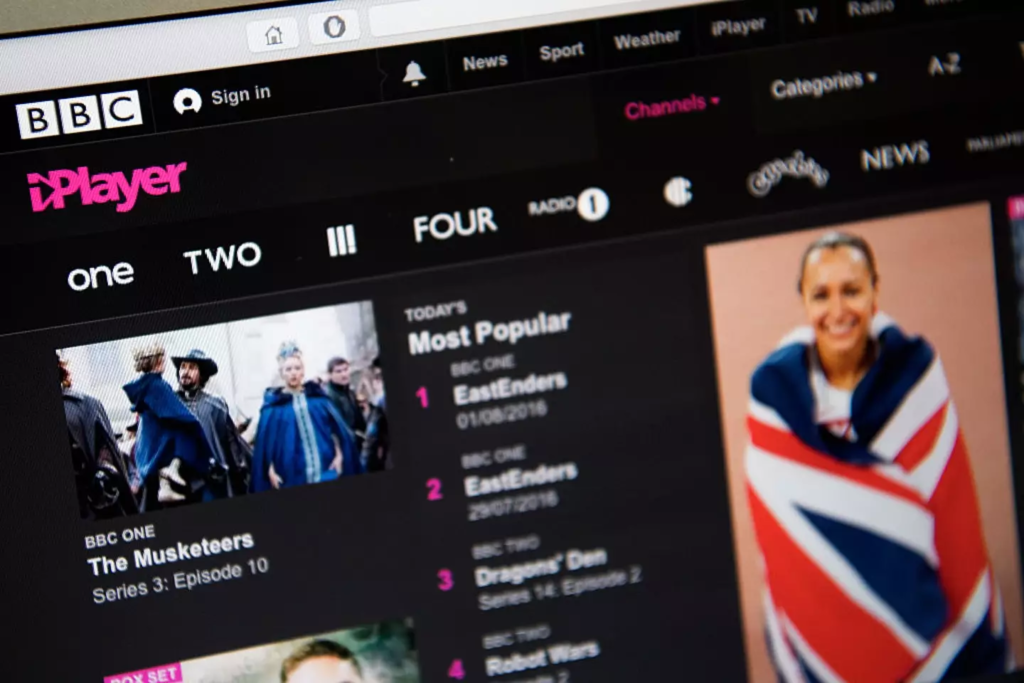
When Do You Need to Pay for a TV Licence?
The rules about when you need to pay for a TV Licence can be a bit tricky, with several exceptions and caveats to consider. If you only watch on-demand content from services that don’t include BBC iPlayer, such as Netflix or Amazon Prime Video, then you won’t need a licence, as long as the content wasn’t recorded from live TV.
However, if you watch live TV broadcasts on any channel or record live TV for later viewing, then you are legally required to have a TV Licence. Additionally, if you watch live events such as sports on streaming platforms like Prime Video or Netflix, you will also need to pay for a TV Licence.
For more details on whether or not you need a TV Licence, visit the TV Licensing official guidelines to find out more.
User Comment: “I didn’t realize that even streaming sports required a TV Licence. I was just watching football on Prime Video and thought I was fine without one. Make sure you read the fine print!” – Daniel G., Manchester
Conclusion: Pay Your TV Licence or Face the Consequences
With the advent of new technologies and alternative streaming platforms, it may feel like the TV Licence system is no longer as relevant as it once was. However, the BBC is still committed to enforcing the law and ensuring that those who need to pay their licence fee do so. If you watch live TV or use BBC iPlayer, it’s essential to ensure you’re up to date with your payments to avoid fines and legal trouble.
If you’re unsure whether you need a TV Licence or have questions about the payment process, make sure to visit the TV Licensing website to get all the information you need. Remember, staying informed and up-to-date can help you avoid unexpected visits from enforcement officers or fines down the line.
Featured Image Credit: Peter Dazeley/Getty Images/Carl Court/Getty Images


